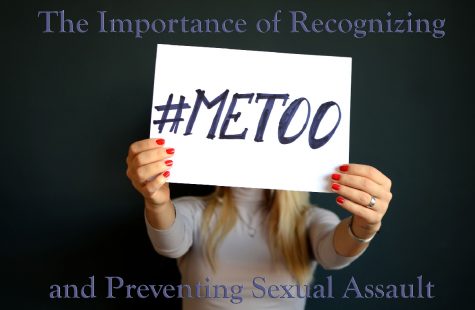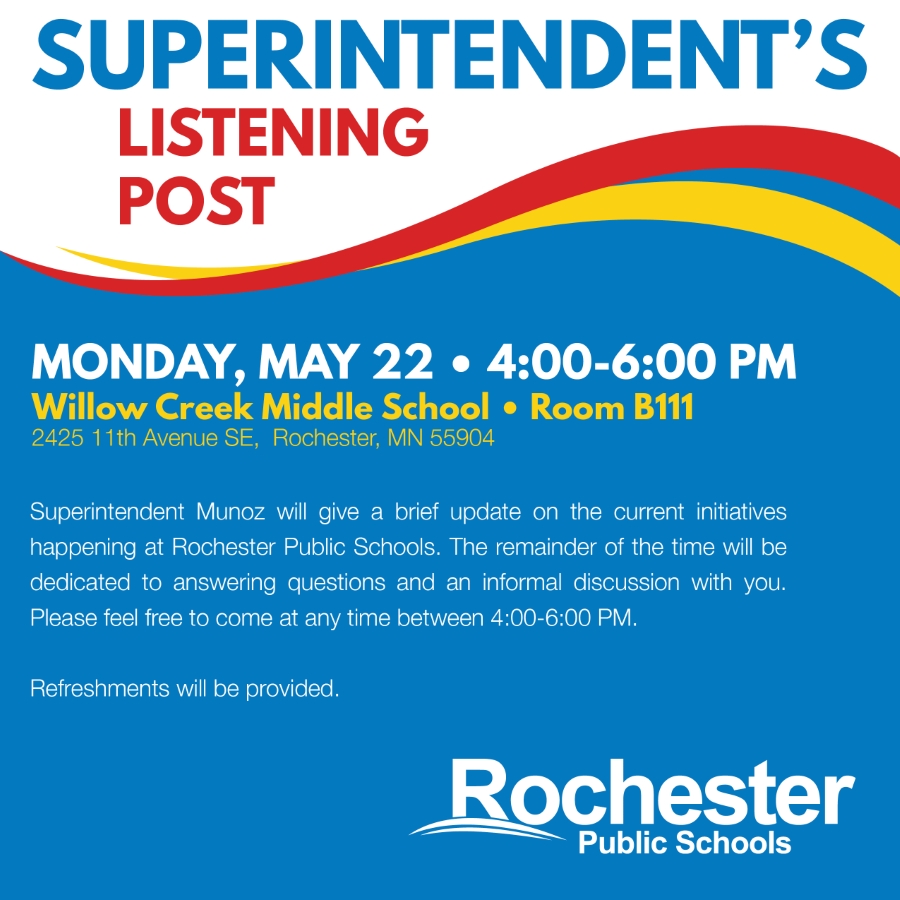The Importance of Recognizing and Preventing Sexual Assault
October 17, 2018

In light of the controversial confirmation of Supreme Court nominee Brett Kavanaugh due to accusations of sexual assault, the abusive treatment of women has become a more prevalent topic of discussion among all. Even with all of the women who came forward accusing Kavanaugh of sexual assault and/or attempted rape, the vote ultimately ended with a result of 50-48 in favor of Kavanaugh taking on the lifetime position on the court, to the dismay and disappointment of many. According to a sizeable amount of people, how he was able to advance in his nomination, despite all of the evidence against him, is completely incomprehensible, but even more evident in regards to the case, more people are starting to think and speak out about sexual assault, the significance of recognizing it, and the emphasis of preventing it.
The dictionary definition of “sexual assault,” as defined by the Merriam-Webster Dictionary, is “illegal sexual contact that usually involves force upon a person without consent or is inflicted upon a person who is incapable of giving consent,” or to simplify its meaning, harming someone in a sexual nature without their permission and/or approval. Whether or not society chooses to acknowledge it, sexual assault occurs very often in the world today. A 2010 study by the National Center for Injury Prevention and Control stated that in their lifetime, one in five women and one in 71 men will be raped, and that incredibly high number applies to just one of the more drastic forms of sexual assault. The National Violence Research Center cites that “in the U.S., one in three women and one in six men [will experience] some form of contact sexual violence in their lifetime,” and the sad truth is that a decent amount of people fail to recognize this as an issue.
One of the most widespread and powerful phenomena of the 21st century, the #MeToo Movement focuses on women who have been sexually assaulted coming forward about their experience(s) of abuse. Despite all of the courage it takes for them to speak out about something so personal, to inspire and show support for other females, these women are not always believed. Often times shut down for publicizing their experiences, they are also occasionally ridiculed for making such striking statements. What this says about our society is that we are uneducated.
If such a dense population of people are unable to hear these women out and find truth in their courageous words, it proves that society itself either does not want to accept the harsh reality or that they do not understand the importance of this issue, or a combination of both. They cannot put themselves in the victim’s shoes, conceive of her thoughts, nor begin to understand the pain she feels. At the same time, some may be questioning why exactly this is relevant, for they may believe that it only affects the one woman who underwent the abuse. Such a terrible and unfortunately common issue must be addressed.
If such a high percentage of those around us are not knowledgeable about the problem of sexual assault, then theoretically, the issue will continue to remain prevalent. If society is unable to see the sheer horror in something that is completely unacceptable and our communities are, in general, oblivious to this, then nothing will change. Being taught about this, however, will help more people understand how horrible the issue truly is and, in turn, help minimize the spread of sexual assault. There is nothing that guarantees complete prevention of sexual assault, but if there is one method that is most efficient, it is being educated — so, learn. Then act. If you hear or see something inappropriate, speak up. Report it, or stand with your friends against degrading words or actions, forcing the abusers to stop, for good.
For more information on sexual assault, visit https://www.rainn.org/articles/sexual-assault or call the National Sexual Assault Telephone Hotline at 1-800-656-4673.




